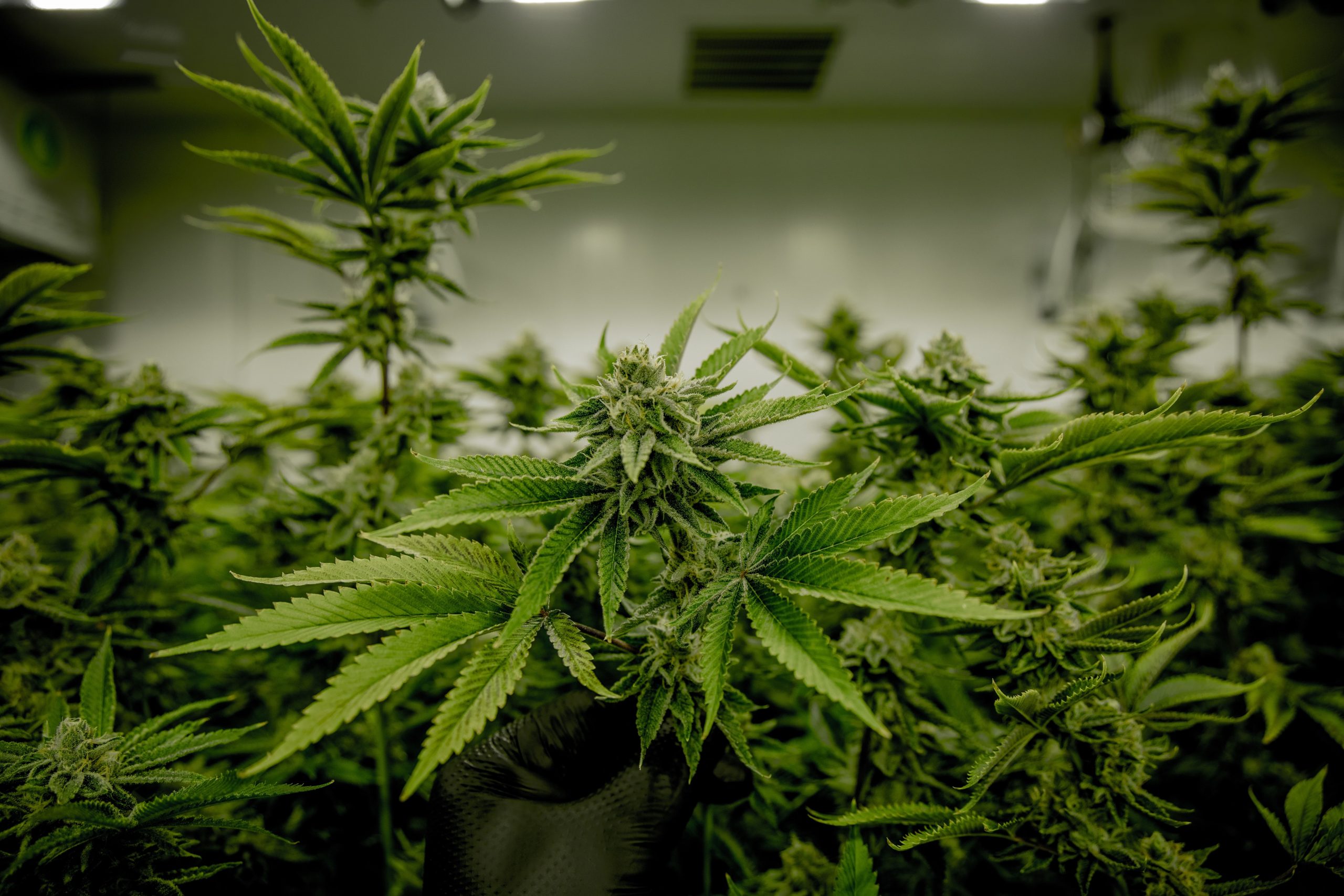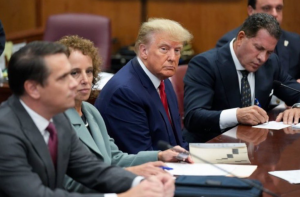House Republicans on Monday introduced legislation that would decriminalise marijuana at the federal level, eliminate legal risks for many cannabis-related businesses and regulate its use like alcohol.
Representative Nancy Mace of South Carolina, who is heading the legislative effort, called the bill a “compromise” with fewer regulations than previous measures proposed by other lawmakers, including Democrats.
Also Read | Legalisation didn’t lead to increased marijuana use in US: Study
The bill’s fate in the Democratic-controlled House of Representatives was unclear. It has five Republican co-sponsors, according to Mace, a first-term lawmaker.
Adult use of cannabis is legal in 18 states, with medical use permitted in 36 others. However, it is still illegal under federal law, which has held back banks and other investors from investing in marijuana-related businesses.
“This bill would also support businesses, in particular small businesses. That’s very important,” Mace told a news conference. “If we were to pass this bill today … businesses would operate and be legal and regulated just like alcohol.”
Also Read | Western US dries up as illegal marijuana farmers steal water
The Republican legislation, dubbed the States Reform Act, would defer to state authorities on matters of prohibition and regulation.
It would make it illegal for anyone under the age of 21 to use marijuana, restrict advertising, protect veterans’ access to hiring and benefits if they have used cannabis, and erase the records of people convicted of nonviolent, cannabis-related offences.
The bill differs significantly from a draft bill proposed by Senate Democrats in July, including Senate Majority Leader Chuck Schumer.
Also Read | Cannabis’ earliest roots can be traced back to 12,000 years ago: Study
In comparison to an increasing Senate tax proposal that would top out at around 25%, Mace’s bill would impose a 3% excise tax on cannabis.
While the Senate bill gives the Food and Drug Administration primary oversight, the Republican bill limits FDA involvement to medical marijuana and makes the Treasury’s Alcohol and Tobacco Tax and Trade Bureau the main interstate regulator.







